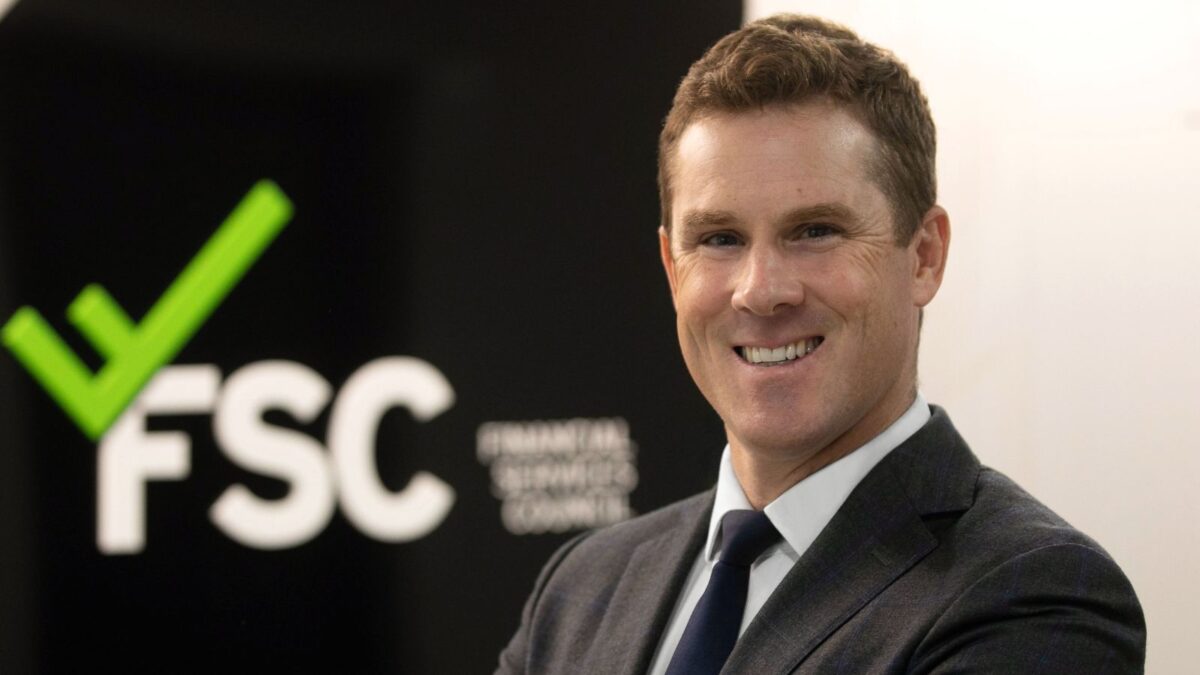Time to put an end to tribalism in super: FSC
There is more work to be done in “building industry unity” if super funds want to deliver the best results for their members, Financial Services Council (FSC) CEO Blake Briggs told an event organised by Pritchitt-Bland on Thursday night.
Briggs’ point: the very large not-for-profit funds have more crossover with the interests of the FSC’s members than they do their smaller industry fund peers – for example, in advice. But representation of the sector “needs to keep pace with the sector itself”.
“The days of industry bodies with parochial views and deep political alignment should be a thing of the past,” Briggs said. “The splintering of the industry voice undermines our joint capacity to represent and protect the system and its consumers.
“You could argue that the flare up of the ‘superannuation wars’, and resulting regulatory interventions, is at least in part the result of layers of industry representation working at cross purposes. Would we have had the same political intervention we saw this week in group life insurance and death benefit service standards if the superannuation industry had been more aligned in addressing these issues?”
In the past, on-again, off-again merger discussions between the Association of Superannuation Funds of Australia (ASFA) and the Australian Institute of Superannuation Trustees (AIST) were scuttled by the deep-seated ideological differences of the retail/industry divide. AIST wound up being gobbled up by parts of Industry Super Australia (ISA) to become the Super Members Council (SMC), while ISA’s advertising campaign continues to run under its old banner.
ASFA claims to be “the voice of super”, while the SMC says it wants to be the voice of the 11 million-odd members of its constituent funds. The FSC, meanwhile, has the capacity to be a “leading voice” in economic policy debates – but “ongoing division” prevents them from realising that opportunity.
“The FSC boasts a range of not-for-profit, mutual and retail superannuation members, along with financial advice businesses, fund managers and investment platforms,” Briggs said. “We are uniquely positioned to bring together a diverse range of opinions and to craft a single industry view on key issues.
“I would support the industry and its associations having a discussion around how we can work more closely as a sector, or whether we will allow some of the historic, tribal leaders to continue to pull the industry into rival camps.”
But tribalism has ruled superannuation decades and got its start with the retail funds, while many in the ‘industry’ segment still hold its underdog mentality as an article of faith. But Briggs drew a distinction between some trustee directors who have “close political affiliations” and the executives of funds, noting that differences in opinion on policy play out at different levels within the fund itself.
“We have an excellent working relationship with a number of large, not-for-profit funds, because their business models aren’t very dissimilar to those of an FSC member,” Briggs said. “In things like financial advice reform, a lot of the forward thinking industry funds look at their aging membership and say ‘We need advice solutions for these members’. The sheer volume of people approaching retirement means there just aren’t enough advisers to cater to the size of that market. So we’re working very constructively to resolve differences around advice reform.”
“My hope and expectation is that those more mature industry funds will look at groups like the FSC who they’ve traditionally been in an antagonistic relationship with and say ‘We want to be in that room’.”











